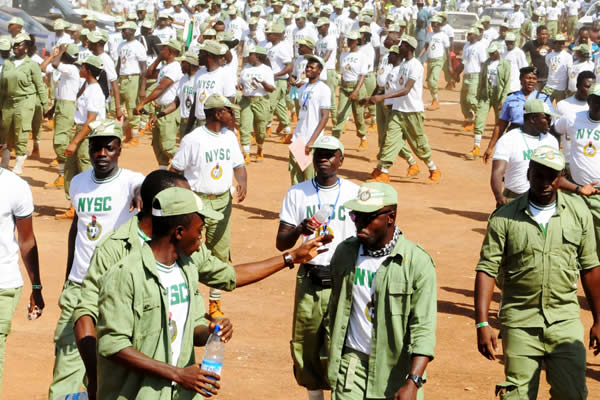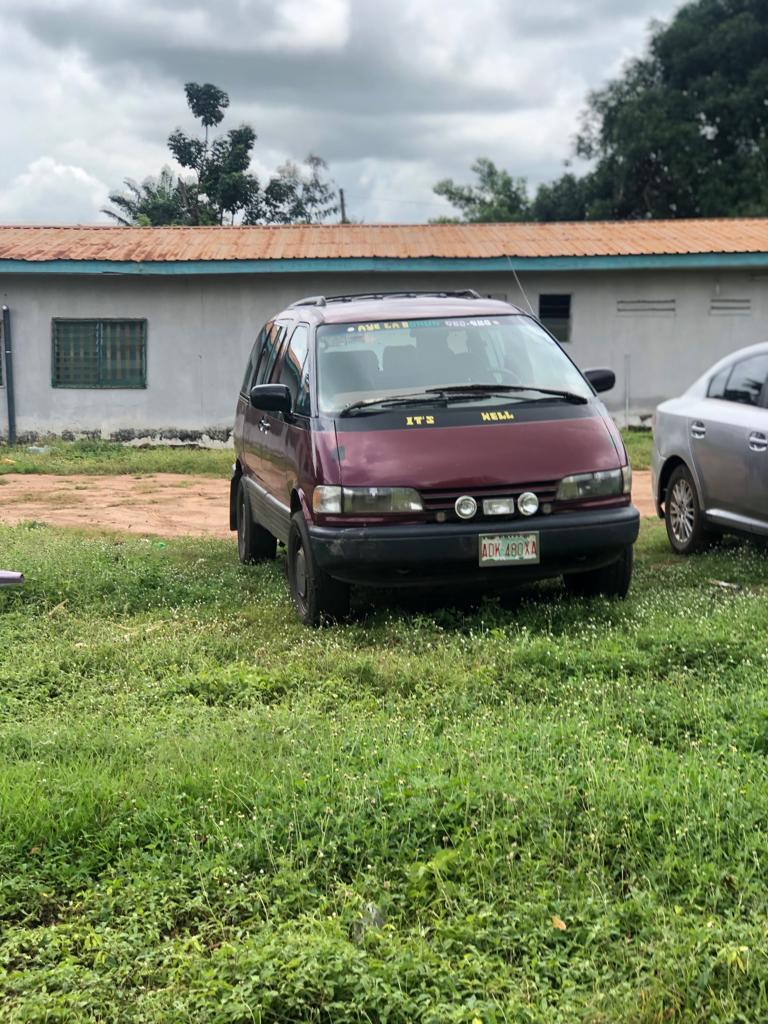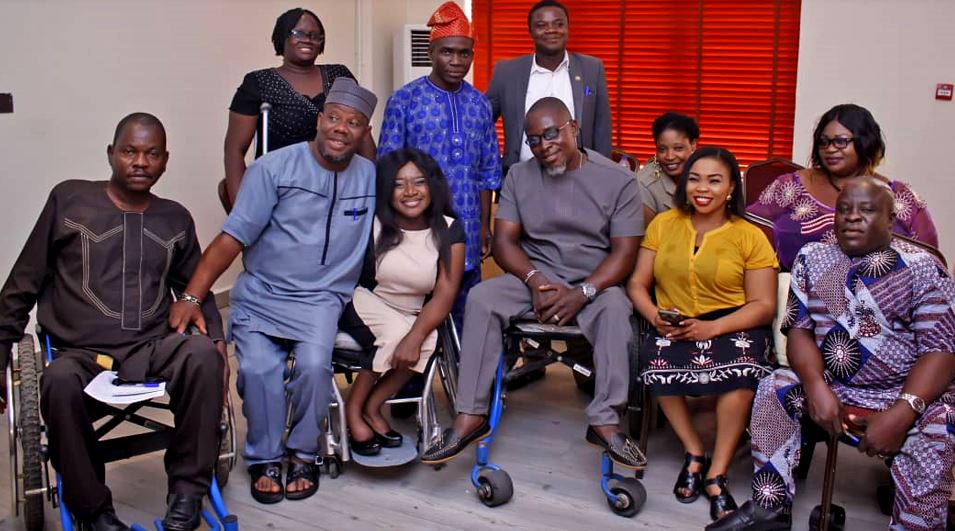The presidential committee on impact and readiness assessment African Continental Free Trade Area (AfCFTA) agreement has submitted its report to President Muhammadu Buhari.
The committee, which is chaired by Desmond Obadiah, recommended that Nigeria should sign the treaty.
Receiving the report at the Presidential Villa in Abuja, Buhari said the treaty will have positive and negative impacts on Nigeria and its neighbours.
“Our position is very simple, we support free trade as long as it is fair and conducted on an equitable basis. The AfCFTA will have both positive and negative effects on us as a nation and on our region,” the president said.
Advertisement
“As Africa’s largest economy and most populous country, we cannot afford to rush into such agreements without full and proper consultation with all stakeholders.
“As you mentioned in your report, intra-African trade is only 14% of Africa’s total trade. For AfCFTA to succeed, we must develop policies that promote African production, among other benefits.
“Africa, therefore, needs not only a trade policy but also a continental manufacturing agenda. Our vision for intra-African trade is for the free movement of made in Africa goods. That is, goods and services made locally with dominant African content in terms of raw materials and value addition.
Advertisement
“I am very delighted to receive your report today. Let me assure you that your report will form part of the consideration in our decision on the next steps on the AfCFTA in particular and on broader trade integration subjects.”
Making the conclusions of the committee known, Obadiah had said signing the treaty would be in the overall interest of Nigeria.
“Today, many Nigerian companies have developed capacity in some of these sectors and have long desired to expand to Africa but have been constrained by trade barriers which AfCFTA is expected to remove,” he said.
“Our study has shown that AfCFTA is not without major risks and undesirable impacts. The most significant of which is the potential rise in smuggling and abuse of rules of origin. The risk is that it will provide an incentive for traders to disguise goods imported from outside the continent as made- in-Africa goods, to qualify for duty-free treatment.
Advertisement
“This risk is high for Nigeria considering that 92% of Nigeria’s imports come from the rest of the world and smuggling, under-reporting of imports and other forms of abuse of rules of origin already constitute major challenges faced by Nigeria in ECOWAS.
“The risk is further complicated by the lack of capacity, resources and “will” on the part of some African countries, to enforce their borders. Tackling this threat will require collective efforts at the highest level of ECOWAS and the African Union.
“Our report recognizes that there will be significant adjustment costs to manage the negative impacts and to take advantage of the opportunities.”
Some of the recommendations made by the committee include extension of the timelines to achieve trade liberalization and integration ambitions and possibly replacing them with a readiness criteria; introduction of explicit rules on import quota restrictions and adoption of a common Market Access Offer for Trade in Goods and Trade in Services for ECOWAS, including synchronized Sensitive and Exclusive Lists
Advertisement
The African Union’s heads of state and governments had, in 2012, resolved to establish the African Continental Free Trade Agreement treaty to create a single continental market for goods and services in member nations.
The federal executive council (FEC) had agreed that Nigeria should sign the agreement at the extraordinary meeting of the African Union (AU) heads of state and government in Kigali, Rwanda.
Advertisement
However, Nigeria had withheld its signature to the agreement because the Nigeria Labour Congress (NLC) and the Manufacturers’ Association of Nigeria (MAN) among other groups kicked against signing the treaty.
They had warned that signing the treaty was extremely dangerous to Nigeria as it would open the country to unbridled foreign interference.
Advertisement
Add a comment







